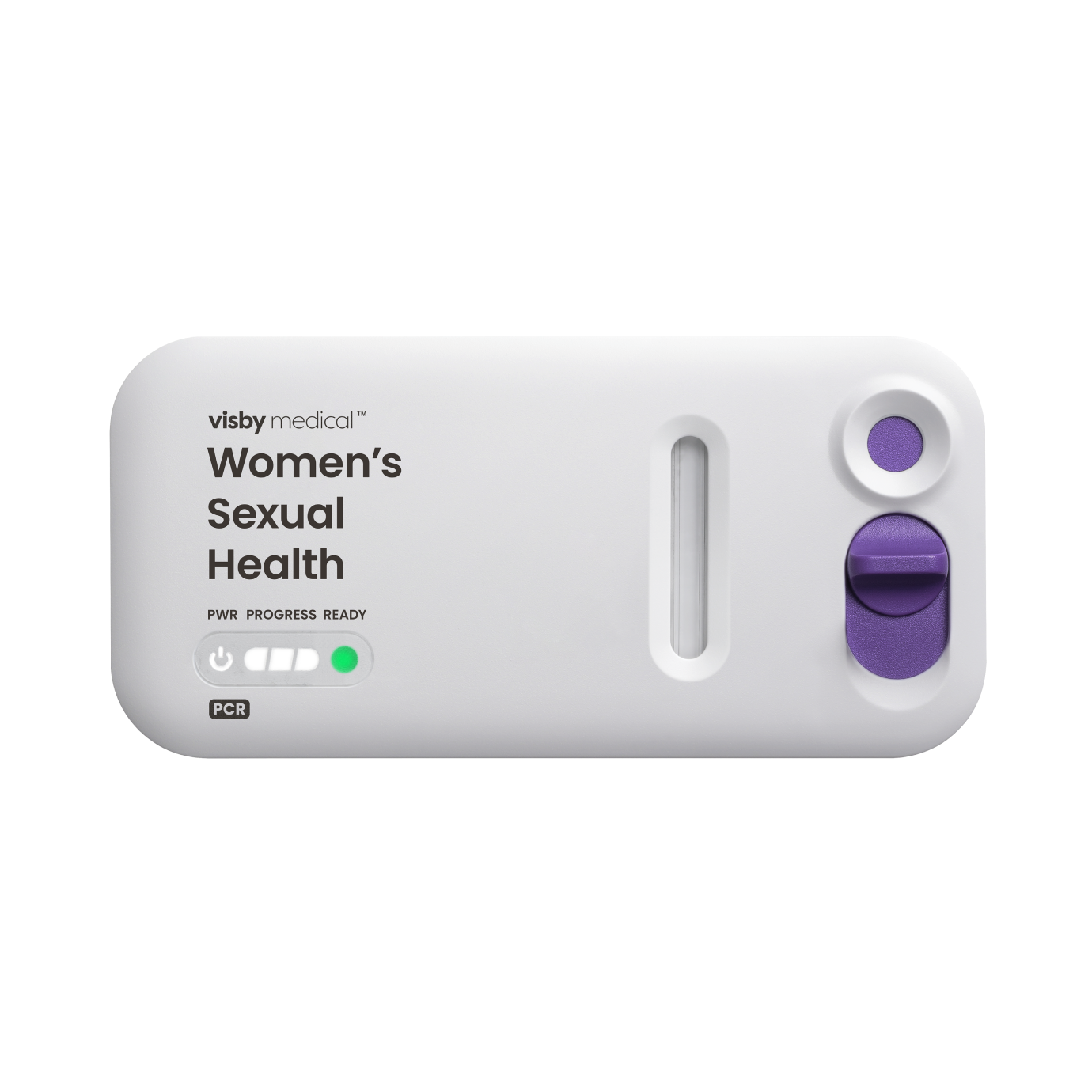
With the growing awareness of medical gaslighting and the harm it can cause, many folks are wondering how they can best advocate for their health and wellness needs. Here at Everlywell, we’re here to be part of the solution by helping you take action on your symptoms.
But because your health and wellness journey doesn’t just end with us, we want to provide you with resources so you can make the most of your experience with your healthcare provider. And that starts with preparation! One of the best ways to set yourself up for success at your next virtual care visit or in-person appointment with any of your healthcare providers is to get prepared beforehand, so that you have everything you need and the experience can go more smoothly.
Below, see our complete checklist to prepare for your next appointment:
- Keep a symptom journal or diary. By writing down information about the onset of your symptoms, how frequently they take place, and what tends to make them worse, you’ll help establish a thorough track record for your provider. You’ll want the timeframe tobe from the onset of your symptoms until the time of your appointment.
- Grab your insurance cards and contact information for other providers you see. In addition to your medical cards, ID, or any other relevant paperwork, you can provide them with medical records from previous healthcare providers. By having this contact information for previous providers or specialists handy, your provider can access those records and gain more insight into your medical history.
- If you’d like to bring someone along for support, call to see if that’s a possibility. If your healthcare provider’s office allows it, you’ll want to discuss with your companion in advance what it is you want from your visit. That way, they can help remind you of the questions you want to ask your providerand they can help take notes for you. Of course, it’s still your appointment and if you need privacy during all or some of the appointment, discussing this with them before can help them understand how they can be most helpful.
- Make a list of your concerns and prioritize them. Bring a list of your symptoms, including when they started and how long they last. By prioritizing your concerns beforehand, you can establish which items you’d like to address with your provider first. If you have any specific questions for them, writing them down before your appointment can be helpful.
- Make a list of any changes in your routine. Have you switched up your diet significantly? Not sleeping as well as you used to? You’ll want to note down any changes to your lifestyle, such as diet, exercise, or sleep patterns.
- Send over copies of your at-home lab tests. Did you know our digital results can be easily shared with clinicians? You can save your digital test results and share them with your personal provider’s office. Some jumping off questions you can have for your provider based on your results could include:
- What do these results mean for my health?
- Is there a treatment that is right for me?
- Are there any lifestyle changes that I should make?
- Do I need to retest? If yes, when? Do I need to take any other tests? If so, which ones?
- Should I start any new medication(s) or supplement(s)? Do I need to make any changes to my current medication(s) or supplement(s)?
- Is there anything else I should be thinking about regarding my health?
- Am I at risk for other related conditions? If so, how can I reduce those risks?
- Bring a list of all the medications you take. This includes all medications, over-the-counter drugs that don’t require perspectives, as well as any vitamins or supplements. If you’re taking herbal remedies or supplements, be sure to include the information in your list, as well.
- Wear comfortable clothes. If possible, you may want to wear clothes that you can slip out of and into quickly and comfortably if your appointment should require it. This could mean non-restrictive clothing, slip-on shoes, or whatever makes you feel most comfortable.
- Arrive early to your appointment. Be sure to give yourself plenty of time to get to your appointment so you’re not in a rush. New office? Map out your route beforehand to see if you’ll need extra time to get there. This way, you can fill out any necessary paperwork without feeling rushed and get off to a smooth start.
Now that we’ve covered how to best prepare for an appointment with your healthcare provider, we’ll get into how to best advocate for yourself during your appointment. Click here to learn more about what a medical professional shared with us about self-advocacy, how to get the most out of your appointments, the importance of shared decision making dynamic, and more.
Related content
Questions to Ask Your Gynecologist at Every Stage of Your Life + Women’s Health Printables
How to take action on your lab results: A Q&A with Shelley Gautam, RN, BSN
Adulting 101: Healthcare Basics
Testing with us? Here’s what happens if you test positive for an STD
Spotlight on
February is Cancer Prevention Month

86% of cancers aren't caught by recommended screenings. See what they're missing with a single blood draw.
Learn more
Explore Everlywell









